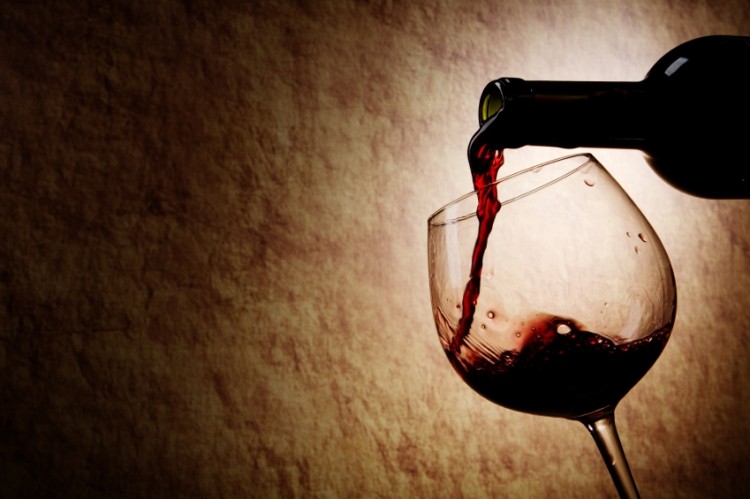World wines: Room for internationals to scoop market lead in 'attractive' German market

The research organization’s new German Wine Market Landscape 2015 report found the average price for gifting wines in the market had risen from €7.20 ($8.06) to €7.90 ($8.84) in the past two years, while wines for formal dinner parties were up from €5.45 ($6.10) to €6.40 ($7.16) over the same period.
Discounter premiumize portfolio
Wilhelm Lerner, country manager and associate director for Wine Intelligence in Germany, told BeverageDaily prices had risen due to a poor harvest in Germany and a push for premiumization among discount retailers.
“What we are seeing is that even Aldi and Lidl are growing in concept wines and are trying to premiumize.”
Aldi, for example, had forged a successful alliance with the Keller Estate Winery to up the value of its portfolio.
Lerner said standard assortments for wines in the discounters were traditionally in the €2-4 ($2.24-4.48) bracket, but has moved to around €5-6 ($5.60-6.71).
Opportunity for international firms
He said Germany’s wine sector had enjoyed growth in the 1990s as producers extended their reach among infrequent drinkers but now was losing some of those infrequent drinkers. However, he said wine regulars had remained loyal and willing to pay for quality.
“The opportunity for international companies is to reconsider Germany in their portfolio as it’s becoming more attractive,” said Lerner, adding that companies may see a chance for high margin products.
Wine Intelligence expects further volume declines in the German win sector, but predicts value growth through premiumization. With no clear market leader this leaves the door open for international firms, Lerner said.
The organization’s report called Germany a mature market dominated by domestic wines where Riesling and Dornfelder grape varieties are strong sellers. It also highlighted popularity gains for Rosé wines and Prosecco, in line with European wine markets.










